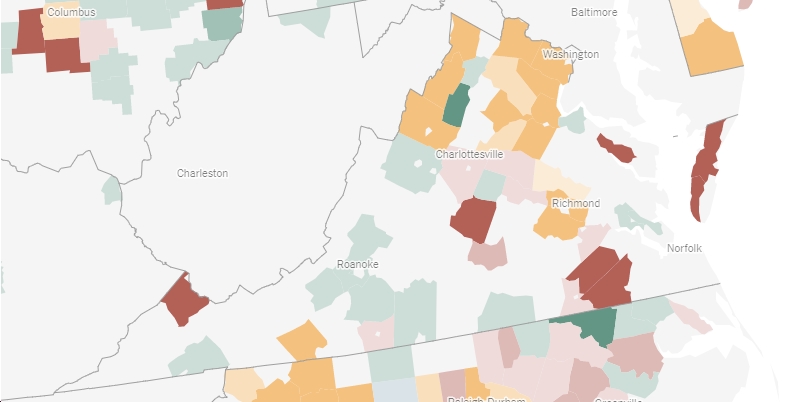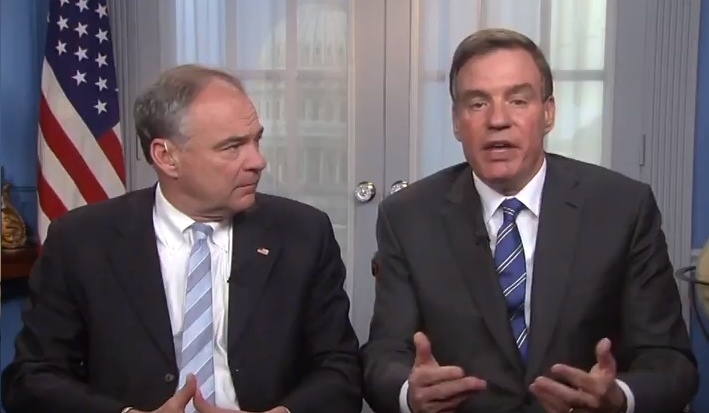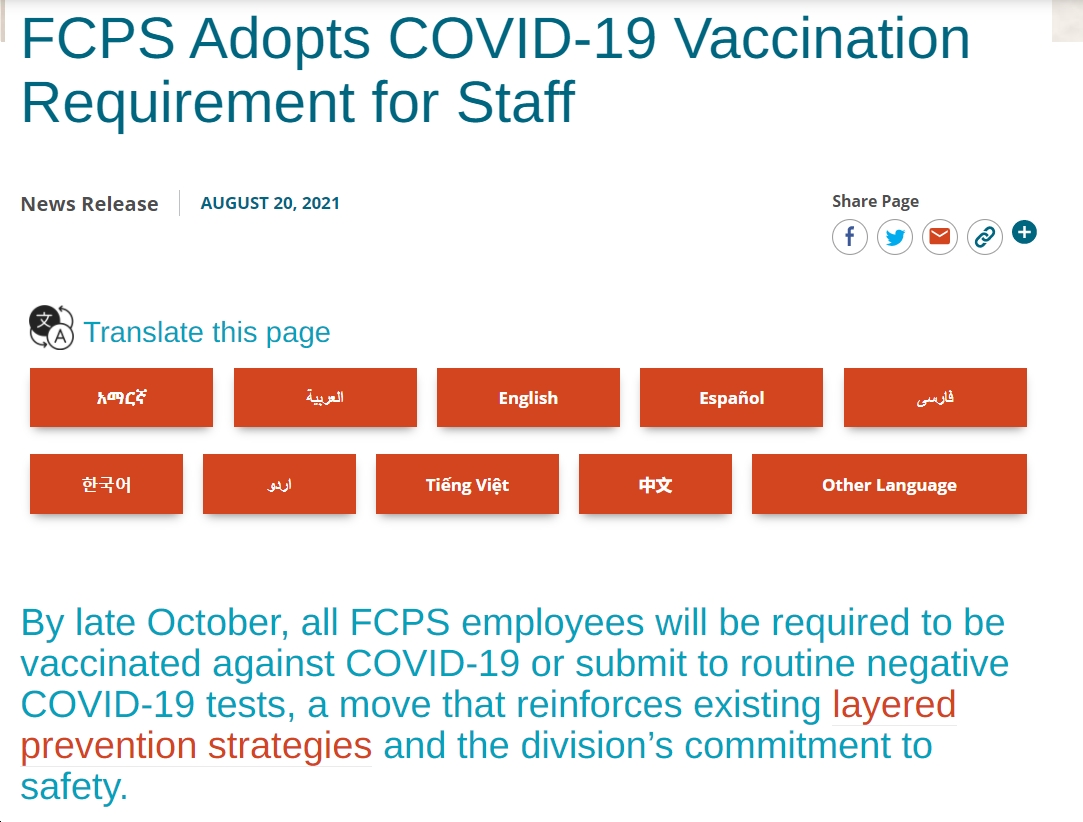Thanks as always to Dr. Mike Silverman, Chair of the Department of Emergency Medicine at the Virginia Hospital Center in Arlington, for these superb updates posted on his Facebook page ever week!
Friday Night Update from the ER in Arlington, VA
We had a substantial drop in the number of “symptomatic” patients we diagnosed with COVID this past week. We had >50% reduction in the number of positive cases and the percent positivity dropped from a 6-week average of 18% to 8%. We haven’t seen numbers like this since early November. The “asymptomatic/screening” population also had a decline in the positive cases and is down considerably from 2 weeks ago. For all the ED patients, positive test results are down and the overall percent positivity dropped to <6% for the first time since late October/early November.
There was a study published recently in the British Medical Journal of Medicine looking at the cardiovascular complication rates of patients hospitalized with COVID. Looking at over 11,000 patients, women were less likely to have cardiovascular complications than men (authors also accounted for pre-existing cardiac disease). The most common cardiovascular complications were supraventricular tachycardias (4% of female participants, 6% of male participants), pulmonary embolism (3% and 5%), and heart failure (2% in both sexes). One of my recent patients came in for fevers and shortness of breath. His initial EKG was relatively normal. About an hour into his visit, his heart rate jumped to 165 and his heart changed from normal rhythm to atrial fibrillation. He got the usual meds but didn’t respond well. I talked to the cardiologist who said that COVID arrhythmias can be pretty resistant to medication, though we came up with a game plan. Fortunately, our plan worked, the patient’s heart slowed done and then returned to normal sinus rhythm and he felt much better. The a fib was a complication of COVID and not related to his reason for coming to the ER initially.
We’re still learning a lot about the impact of COVID on long term health. A study published in JAMA Network Open found “more than 70% of patients reported experiencing lingering symptoms, including coughing, rapid or irregular heartbeat and breathlessness,” and “about half had fatigue or physical limitations.” In another paper out of China in the journal Radiology, 144 hospitalized patients from early in the pandemic were studied to look for lingering lung abnormalities on CT scan. More than a third of patients had abnormalities at two years seen on their CT. I’d like to see this compared to pulmonary function tests or other symptoms but I suspect many of these patients, if not all, had an impact to their lung function. “British research finds that as many as 6 in 10” patients with long COVID “continue to battle some form of mild organ impairment – sometimes involving more than one organ – a year after their initial COVID diagnosis, giving rise to some combination of breathing difficulty, mental impairment and a lower quality of life.” According to a study published in the Journal of the Royal Society of Medicine. This was based on “multi-organ MRI body scans which showed that about 59% of patients still had single organ impairment, and 27% had multi-organ impairment after a year.”
If there is a positive side to getting COVID….In a meta-analysis of 65 studies published in the Lancet yesterday, the authors report that “for at least 10 months after a Covid-19 infection, your immune system can provide good protection against symptomatic illness the next time around.” Clearly, we’re seeing patients who have had multiple episodes of COVID. Some have been in the 3–6-month range, but it is nice to see evidence that for many people, getting COVID provides a reasonable level of protection for about 40 weeks.
In non-COVID news, an FDA committee recommended that the nasal spray medication naloxone (Narcan), the drug used to reverse opioid overdoses, be moved to over the counter. While the medication is available without a prescription, currently it is kept behind the pharmacist counter (like Sudafed which is used to make methamphetamine). Moving naloxone to a true over the counter status will increase its availability to the consumer by making it easier to purchase. There will likely be a change made to the directions as well that if the medication is used, 911 should be called (I tell my patients that require an epi-pen the same thing).
I had COVID recently. I’m vaccinated and have not been as vigilant about masking in my personal life as I was in the past. One day I’ll fill you in on the whole story but for now, here’s the short version. I had high fevers, runny nose, and a cough. I was moderately sick for about two days. I had a light week at work and no clinical shifts so I could work virtually. I definitely binged some tv from the couch, too. I wore a mask at home and my wife and I stayed apart for ten days. There was a ton of laundry at the end. It also felt kind of weird to go from wearing a mask around my family on day 10 to not wearing one on day 11. I have no idea if I stopped being contagious on day 7 or day 12. No one else got sick. This was the first time I had COVID, and I was very greatly to be vaccinated and have a relatively uneventful illness. I still have a cough which is kind of annoying, and I hear it may last upwards of three months.
Finally, after much consideration, I want to let everyone know that I expect to have my last “weekly update” on Friday, March 10th. I wrote my first Friday Night Update on the second Friday in March 2020 and stopping on the second Friday in March three years later seems like a good run. I will write a proper goodbye and thank you with that update.
Coronavirus is not quite done with us yet.
Science matters. Get vaccinated (or your booster). Keep a mask handy.
Mike

















